Transforming Smallholder Production: Sustainable, High-Quality, Natural Ingredients for Global Markets
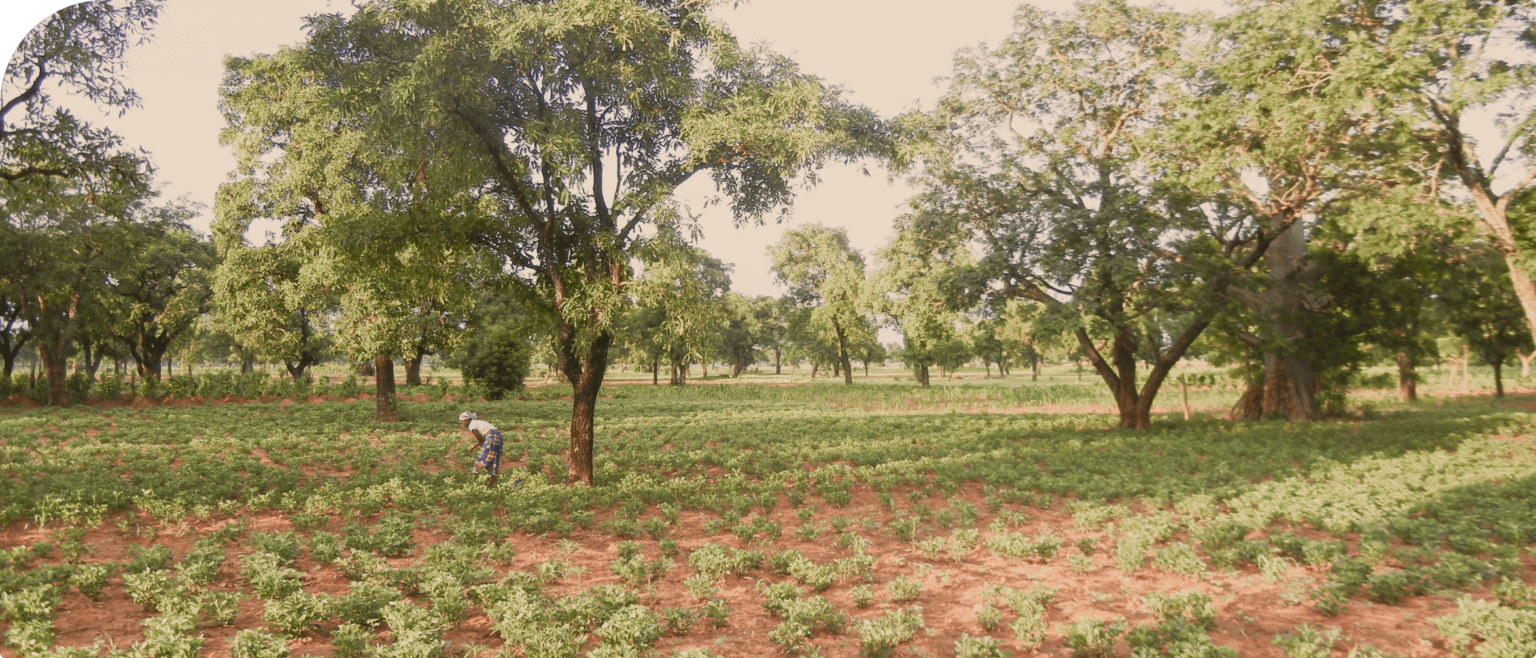
Food and cosmetic products depend heavily on a diverse range of natural ingredients cultivated by hundreds of millions of smallholder farmers in developing nations. While public and private institutions invest substantial resources to support these communities and ensure sustainable supply chains, interventions are often fragmented and complex.
Our approach improves and scales these critical supply chains by aligning the interests of the private sector, nonprofits, philanthropies, and development agencies. We harness the innovation, expertise, and resources of all stakeholders to enhance both business performance and development outcomes.
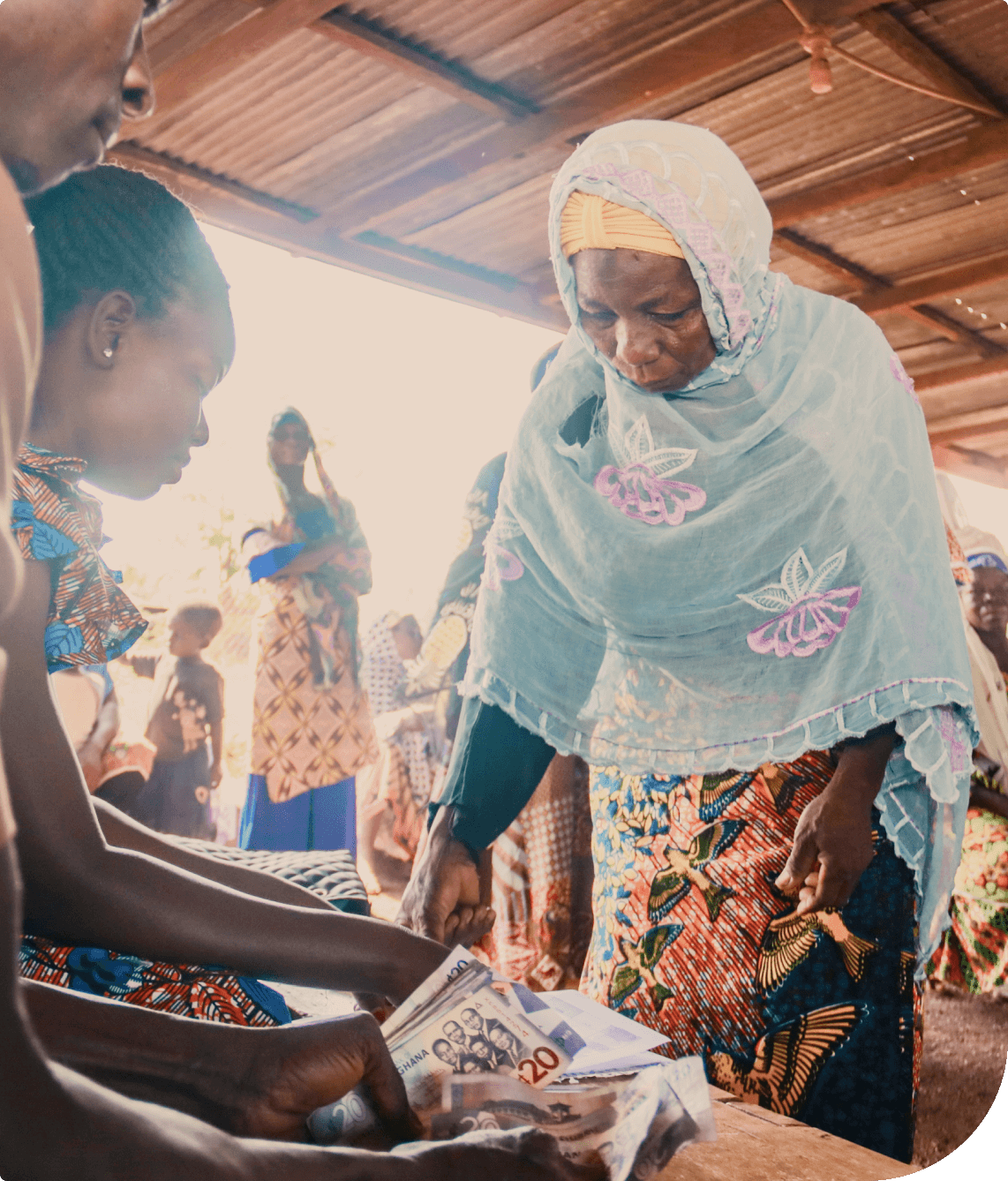
Our mission is to enhance smallholder incomes, environmental conservation, and local value addition
Since launching in 2019, PNI has established partnerships that build the capacity of smallholder farmers, supply artisanal equipment and safety gear, meet organic and other certifications, develop traceability systems, establish large scale factories, installing circular innovations, develop new product ranges, and expand trade across borders.
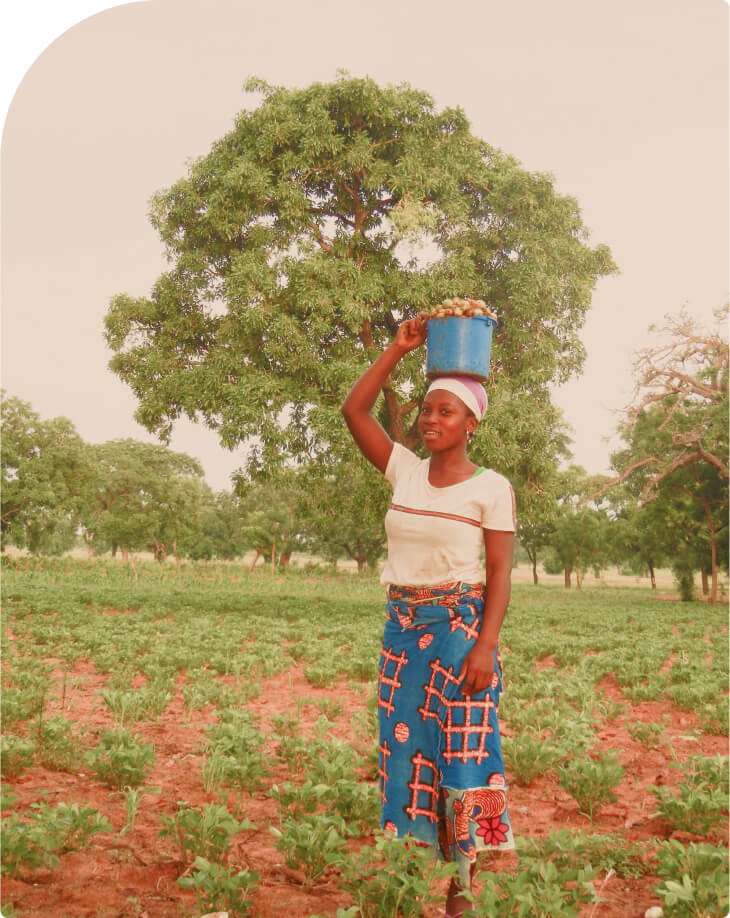
We collaborate with more than 400 international businesses to identify high-potential natural ingredients that also impact social and environmental challenges in producing countries. We then establish partnerships to convene the right stakeholders, advancing our mission.

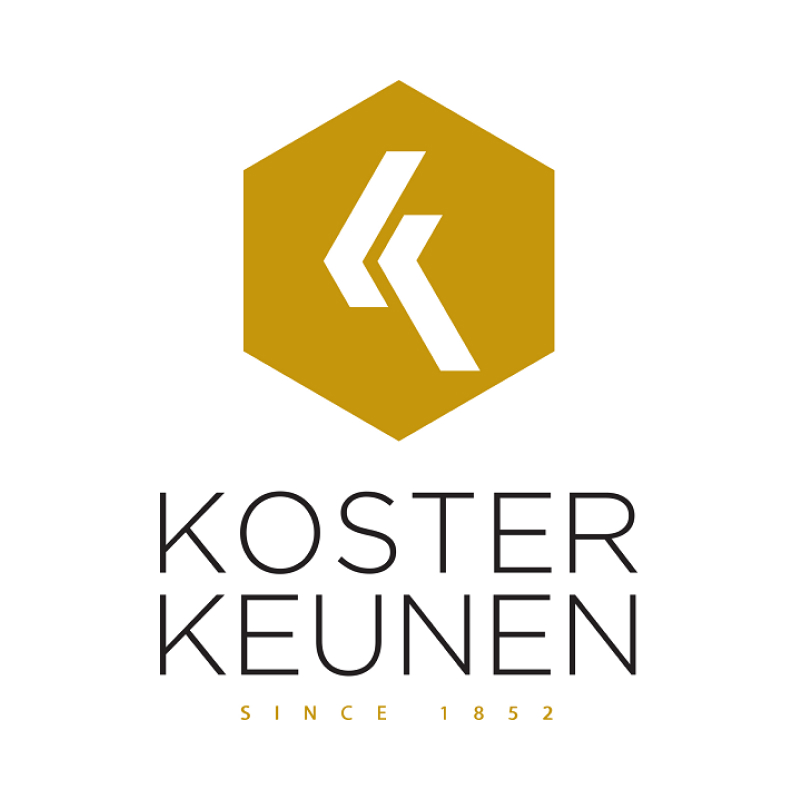
Koster Keunen

Koster Keunen
Beekeeping in the West African Region
6 stakeholder partnership to scale up traceable supply chain, install hives and safety equipment, organic certifications, build capacity of local organizations, and train farmers on beekeeping best practices. The project improves smallholder incomes, landscape biodiversity, and conservation of wild bee populations.

Koster Keunen
Beekeeping in the West African Region
6 stakeholder partnership to scale up traceable supply chain, install hives and safety equipment, organic certifications, build capacity of local organizations, and train farmers on beekeeping best practices. The project improves smallholder incomes, landscape biodiversity, and conservation of wild bee populations.
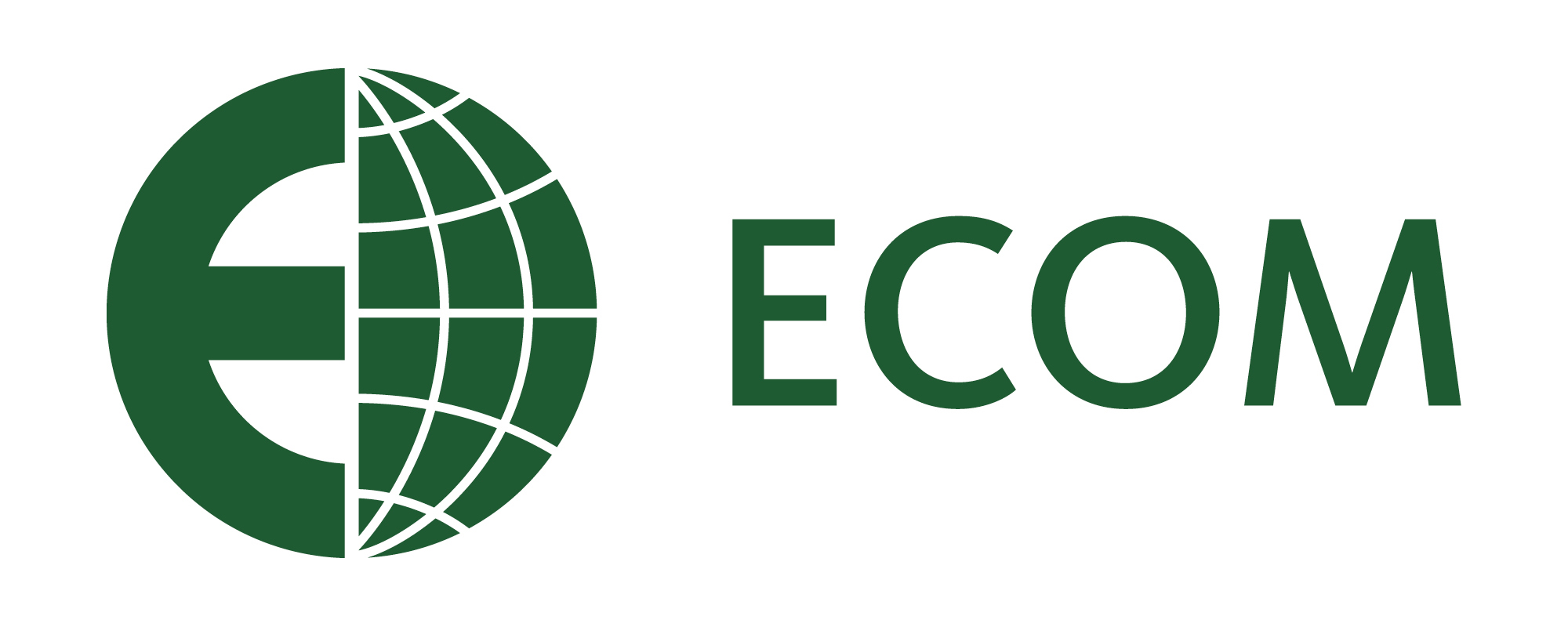
Kawacom and ECOM
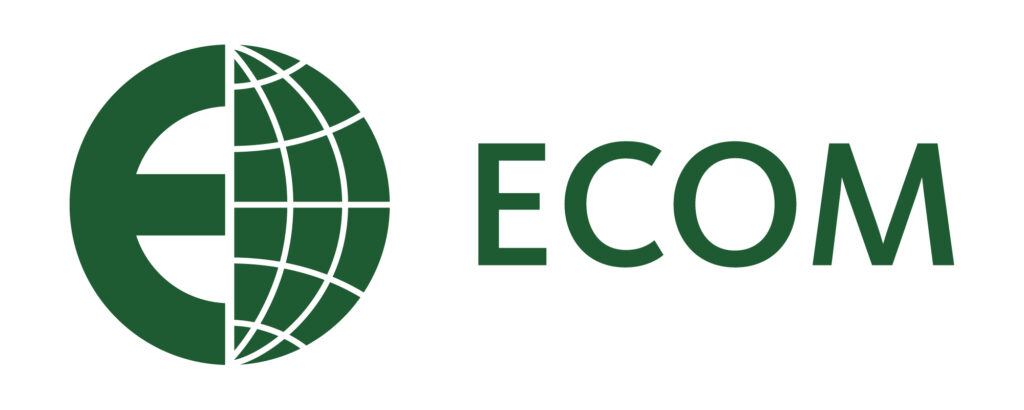
Kawacom and ECOM
Organic Coffee and Sesame in Uganda
5 stakeholder partnership to scale up traceable supply chains, organic certification, and providing farmer capacity building. The project improves smallholder income and environmental conservation.

Kawacom and ECOM
Organic Coffee and Sesame in Uganda
5 stakeholder partnership to scale up traceable supply chains, organic certification, and providing farmer capacity building. The project improves smallholder income and environmental conservation.
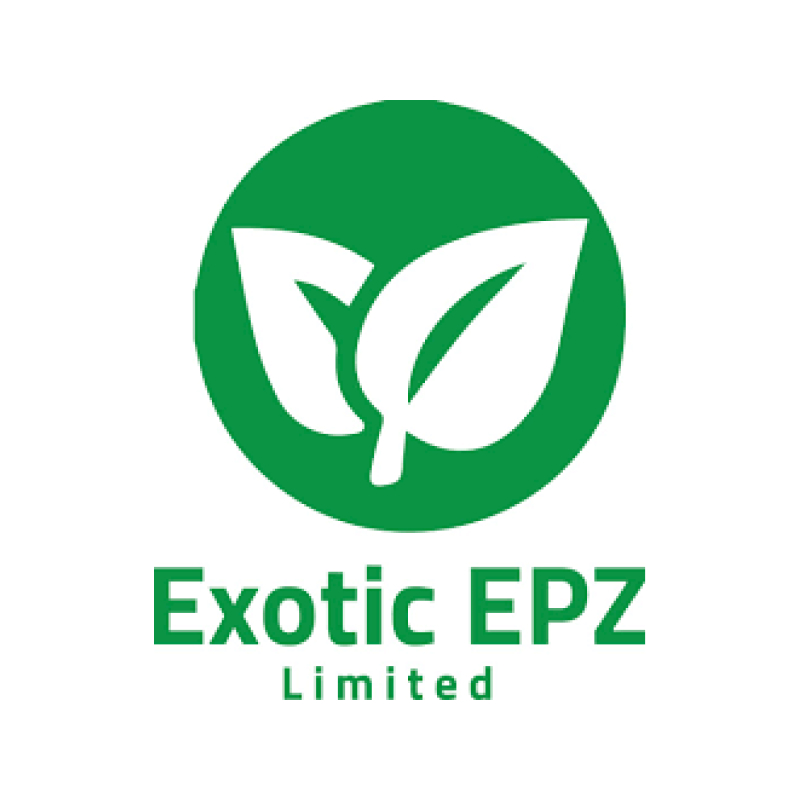
Exotic Epz Ltd

Exotic Epz Ltd
Macadamia in Kenya
5 stakeholder partnership scaling up traceable supply chain, installing a new processing capacity, and providing farmer capacity building. The project improves smallholder income and significantly improves the quality and efficiency of locally processed macadamia nuts.

Exotic Epz Ltd
Macadamia in Kenya
5 stakeholder partnership scaling up traceable supply chain, installing a new processing capacity, and providing farmer capacity building. The project improves smallholder income and significantly improves the quality and efficiency of locally processed macadamia nuts.
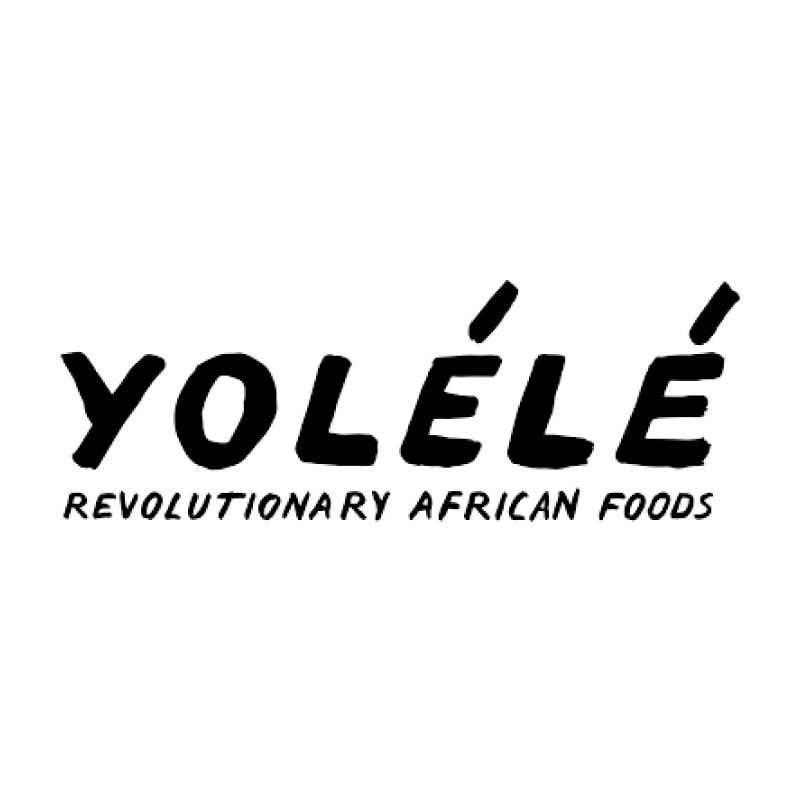
Yolélé Foods

Yolélé Foods
Fonio in Mali
6 stakeholder partnership establishing new traceable supply chains, farmer capacity building, and processing of whole grain fonio.

Yolélé Foods
Fonio in Mali
6 stakeholder partnership establishing new traceable supply chains, farmer capacity building, and processing of whole grain fonio.
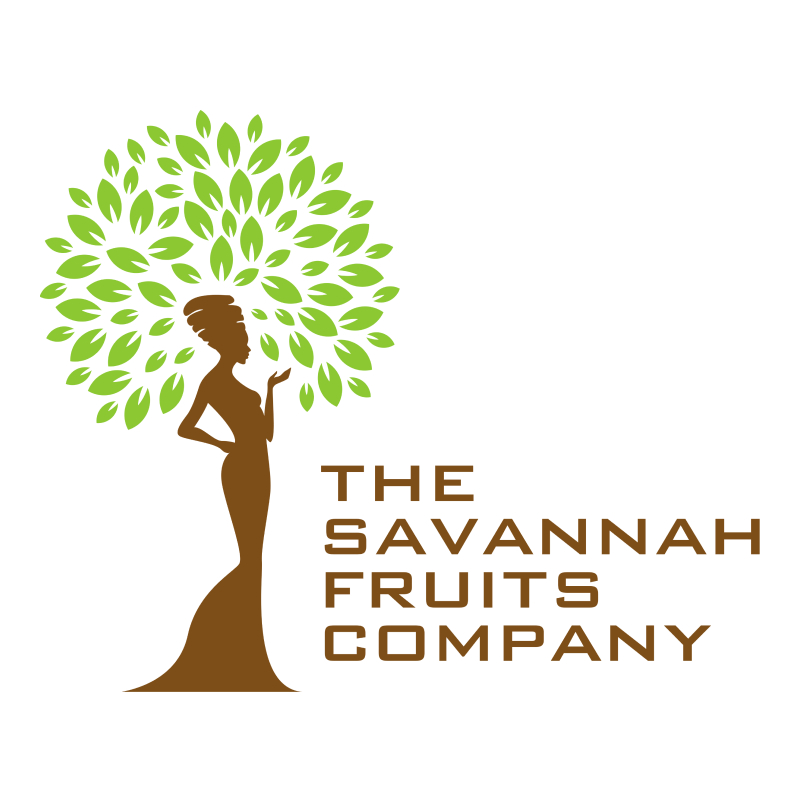
The Savanah Fruits Company

The Savanah Fruits Company
Organic Shea in Ghana and Côte d’Ivoire
5 stakeholder partnership installing community based processing centers, organic and fair for life certification, enhanced digital traceability, and capacity building. The project scales up handcrafted shea butter production improving women’s group income, environmental conservation, and circular processing.

The Savanah Fruits Company
Organic Shea in Ghana and Côte d’Ivoire
5 stakeholder partnership installing community based processing centers, organic and fair for life certification, enhanced digital traceability, and capacity building. The project scales up handcrafted shea butter production improving women’s group income, environmental conservation, and circular processing.
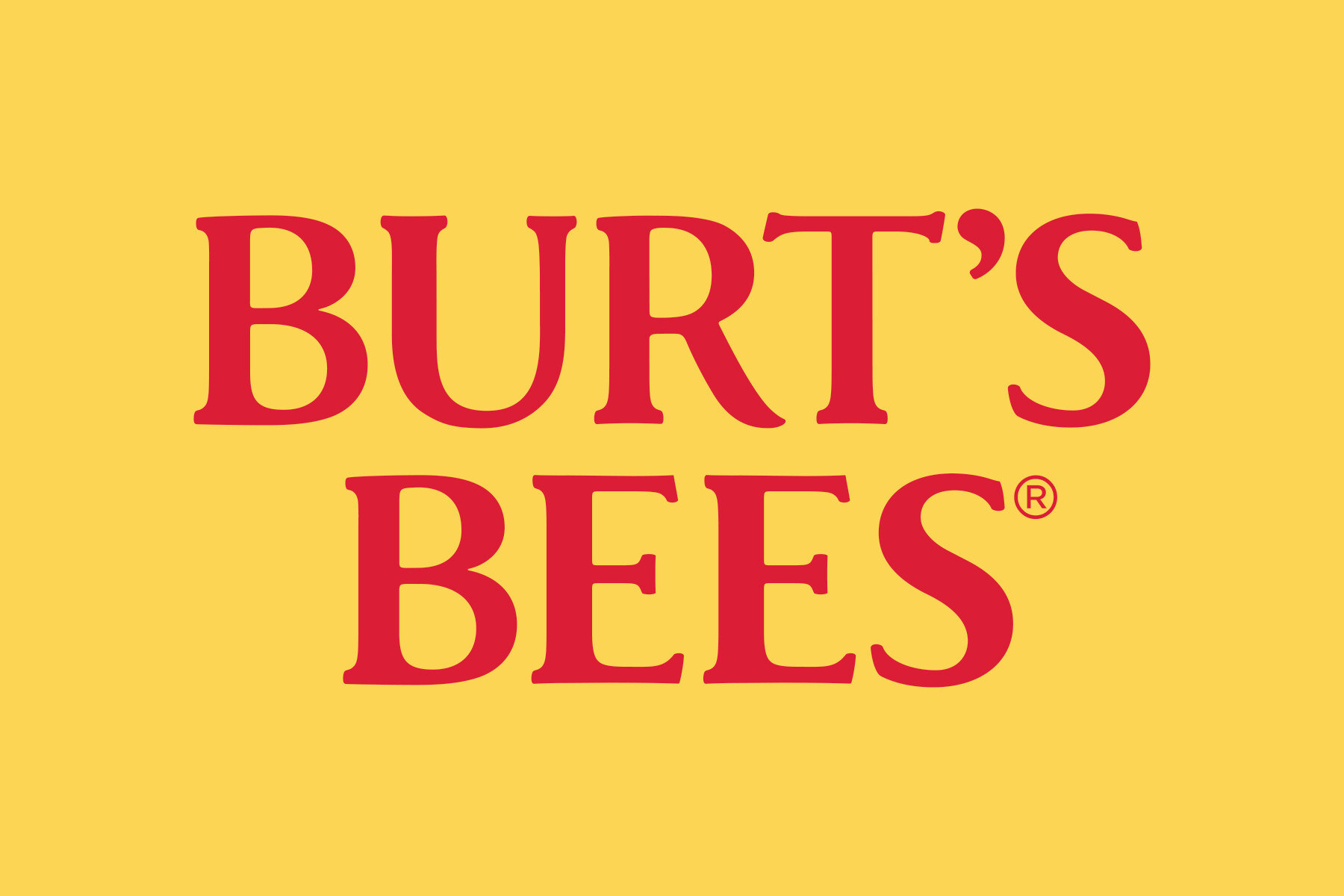
Burt’s Bees
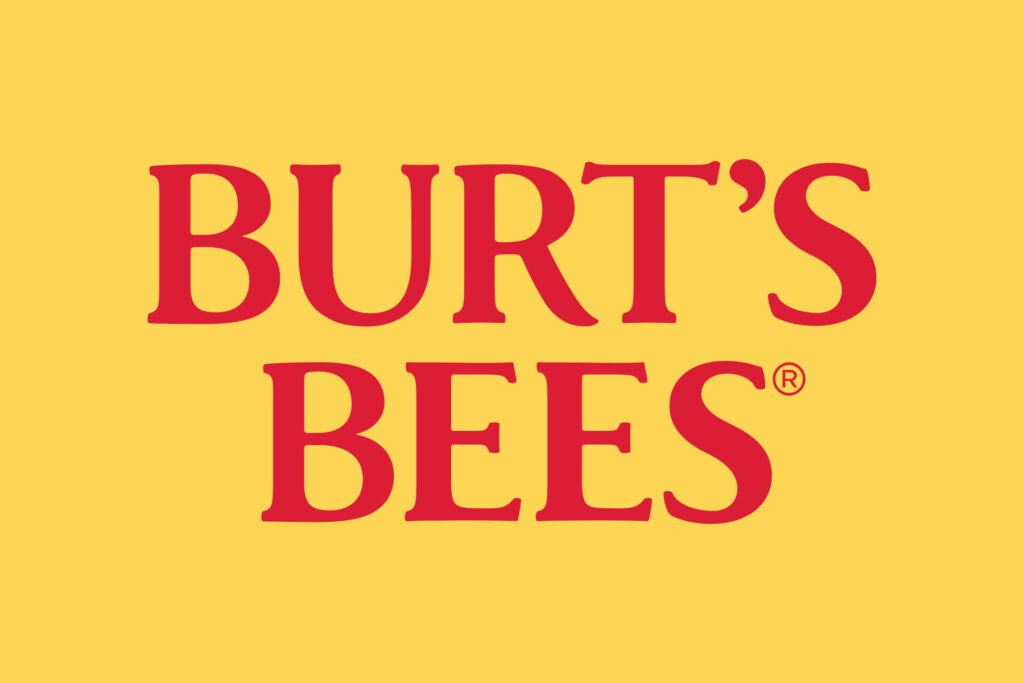
Burt’s Bees
Beekeeping and Shea in Ghana
7 stakeholder partnership introducing beekeeping to shea processing women’s groups. Provision of hives, honey processing centers, safety equipment, shea processing center, and capacity building. The project scales up shea, honey, and wax production while improving incomes of women groups, environmental conservation, circular processing, and biodiversity.

Burt’s Bees
Beekeeping and Shea in Ghana
7 stakeholder partnership introducing beekeeping to shea processing women’s groups. Provision of hives, honey processing centers, safety equipment, shea processing center, and capacity building. The project scales up shea, honey, and wax production while improving incomes of women groups, environmental conservation, circular processing, and biodiversity.

PNI was instrumental in raising significant funding to support SheKeeper, one of our flagship sustainability initiatives for Burt’s Bees Global Supply Chain Investment Program. They supported the partnership scoping and implementation every step of the way, proposed creative solutions to each challenge and were always efficient and timely with their deliverables. It is an honor to partner with PNI to drive multistakeholder collaboration in natural ingredient supply chains
Shannon Hess
Director - Responsible Sourcing at The Clorox Company
PNI supports with a wide variety of important activities including fundraising, reporting, product development, and sales. We are always finding new ways to partner together
Jane Maigua
Jane Maigua, Managing Director at Exotic EPZ
PNI really helped us to understand and action partnerships with international organizations and donors in West Africa. They are quick in their process and focused on success
Phil Teverow
Co-founder and CEO at Yolélé Foods
PNI helped us to initiate and scale up sustainable sourcing activities in several African countries. They are quite effective and we are always looking for new ways to partner together
Juliet Wiebe-King
VP of Sustainability and Product Development at Red River Foods
PNI helped us to scale up our sustainable supply chains in Uganda. They are quite efficient with fundraising, MEL, and reporting activities. We look forward to developing new partnerships together
Merick Oluka
Sustainability Manager at Kawacom
PNI supports with a variety of activities including fundraising, supply chain, and sustainability program development. They have some great experience at the intersection of export business and development projects
Imran Moten
Founder and Group Managing Director at Kupanda LtdWhile we maintain strict confidentiality of our partners and their supply chains, we leverage our broad and in-depth experience to promote best practices across our portfolio.
PNI supports project development and implementation across a diverse range of natural products including:
baobab
beeswax
cashew
cocoa
coffee
essential oils
fonio
honey
macadamia
marula
moringa
palm
sesame
shea
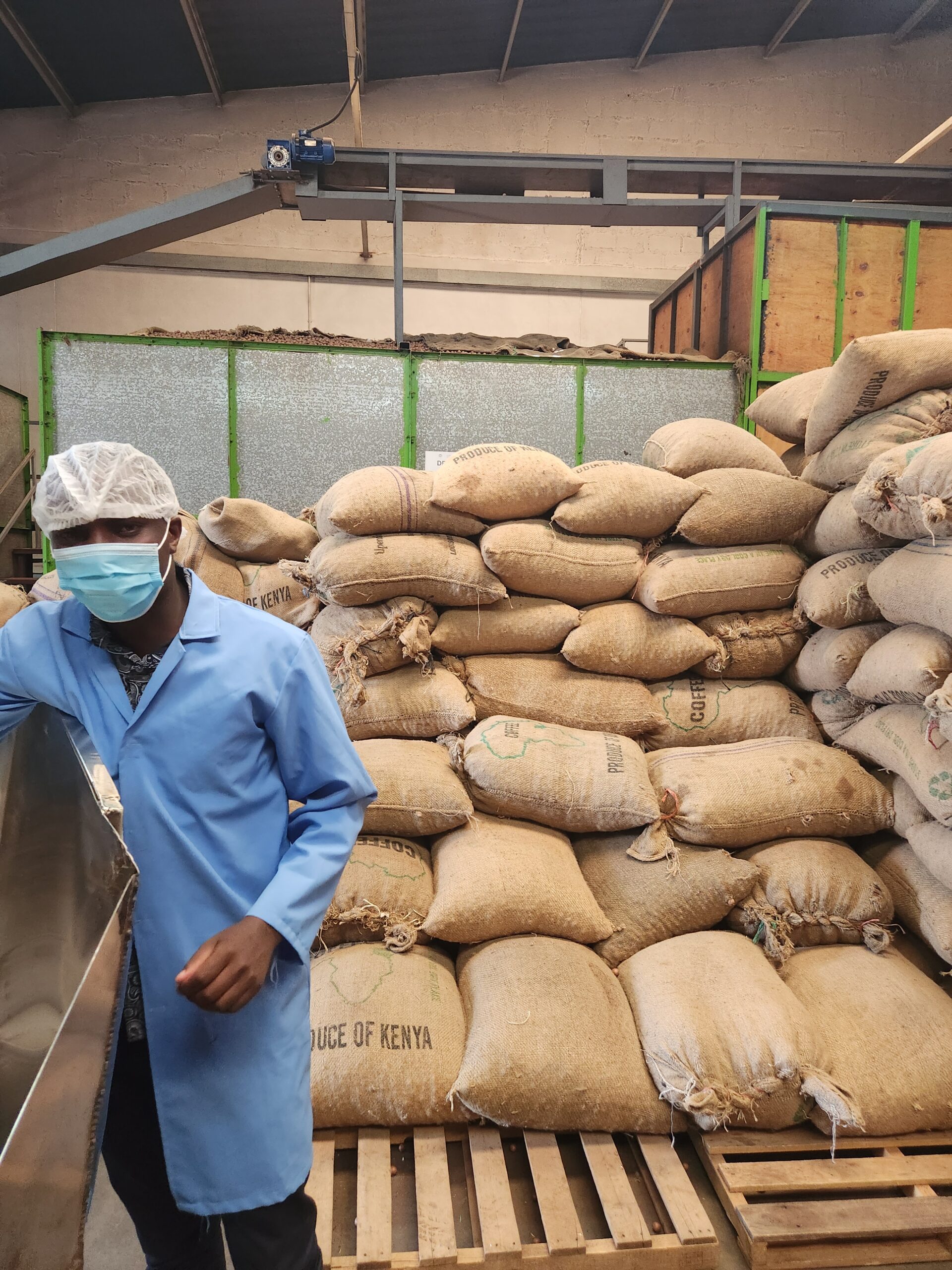
Our bespoke model leverages stakeholder resources to maximizes funding towards mission objectives. We provide a comprehensive strategic framework for each partnership and fill any gaps in service provision to ensure success.
Supporting smallholder supply chains is challenging and often underfunded work, even for large companies. At PNI, we collaborate only with stakeholders that align closely with our mission, viewing ourselves as partners and sharing risk. Our fees are heavily heavily weighted as a percentage of the value created and clearly defined deliverables.
- Technical proposals
- Budgeting and cost analysis
- Work Planning
- Environmental mitigation plans
- Partner financial agreements
- Development contract negotiation
- Monitoring, learning, and evaluation
- Activity and financial management
- Reporting and communications
- Traceability system advisory
- Processing and co-packing partnerships
- Nonprofit partnership agreements and management strategies
- Sustainability programs and strategies
- New product development advisory
- Buyer supplier partnership agreements
- Sustainability communications
- Sales enablement and marketing support
We understand diverse stakeholder perspectives and know how to quickly find critical points of alignment.
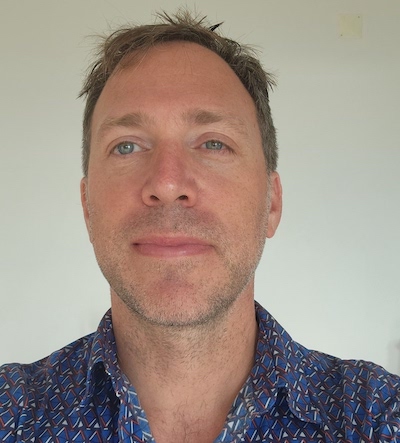
Joseph Funt

Joseph Funt
Mr. Funt launched PNI in 2019 and has successfully structured partnerships that produce, process, and export beeswax, cashew, coffee, fonio, honey, macadamia, palm, and shea products from Africa to international markets. Prior to PNI, Mr. Funt served as managing director of the Global Shea Alliance www.globalshea.com, a multi-stakeholder association that promotes industry expansion, sustainability, and quality for an African tree crop with global consumption in food and cosmetics. African exports doubled during his tenure resulting in the creation of 2 million jobs for women processors and $100M USD annual income in producing communities. Mr. Funt has more than 20 years of experience in the United States, Europe, and West Africa with companies, donors, governments, civil society, producer organizations and organizations, and the media. He studied economics at the University of Michigan and London School of Economics and speaks English and French.

Dr. Christof Walter

Dr. Christof Walter
Walter has over 15 years of experience working with multinational consumer goods companies on sustainable sourcing strategies, certification and agri-standards, supply chain development, and inclusion of smallholder farmers in commercial supply chains. Dr. Walter started his career at Unilever, where he worked on sustainable agriculture projects worldwide. He developed the company’s industry-leading smallholder farmer engagement strategy and managed a CEO-level collaborative project between Unilever and Oxfam to connect 100,000 smallholders to commercial supply chains. Following Unilever, Mr. Walter has worked on smallholder supply chain strategies and projects for more than 25 crops including coffee, tea, palm, cotton, coconut, mango, and tomatoes. He has worked with food companies like SAB Miller, Kellogg’s, Unilever, and Marks & Spencer, investors and Development Finance Institutions, including KfW, EBRD, Deutsche Bank, and Afrexim Bank, and NGOs and non-profits, including Sustainable Food Lab, Utz Certified, Solidaridad, Cotton Connect, COELACP and the International Trade Center. He speaks English, German, and Spanish. Dr. Walter has studied agronomy, economics and ecology, and has a PhD in horticultural sciences.

